As music educators, we often struggle with two questions. How to get our students to practice? And, what to do when the results of student practice efforts are less than satisfactory? The elementary/middle school years are critical for building essential student practice routines. At an early age, we need to help our students to identify their specific strengths and areas of improvement. We also need to model practice strategies for our students as part of our rehearsals and/or lessons. Below are a few ideas that are not usually taught and sometimes forgotten.
Develop & Model Practice Strategies With Your Students
A photo of my classroom bulletin board consisting of basic practice strategies for students in grades 4-7.
Practicing is a learned skill and students need to become well acquainted with a variety of practice strategies. Rehearsals and/or group lessons are a great opportunities to model these practice strategies for our students. It is also important to review practice goals and strategies with students at the end of rehearsals/lessons by asking a few simple questions:
What are we going to practice (e.g.Fingerings for X, Notes, Rhythm, Articulations, Intonation, Range, Style, Dynamics, Phrasing)?
How are we going to practice (e.g. Small Bites, Repetition, Chunking)?
What strategies helped us to practice in today's rehearsal and/or lesson (e.g. Small Bites, Repetition, Chunking)?
Promoting Independent Self-Reflective Practice Routines
As students move into the upper grades there is usually less individual assistance by way of small group music instruction. As a result, we need to prepare our students in grade 8 to become independent learners. To accomplish, this our students need to be taught and have an opportunity to practice a whole new set of practice skills' (requiring higher-order thinking ), which are: the ability to problem solve and self-evalaute.
As educators, we can model this process for our students by helping them to set goals and identify the practice strategies that will help them to work to achieve those goals . Here are some questions to ask students that will aid them in the goal setting process:
What difficulties are you encountering?
What skills or problems need to be addressed (e.g. Notes, Rhythm, Articulations, Intonation, Range, Style, Dynamics, Phrasing)?
The photo is an example of a completed practice card that is an excellent tool for helping your students to develop independent and self-reflective practice routines. Typically, students are asked to select one practice session a week to write a detailed practice report outlining what and how they practiced.
The format of the practice report as depicted in the photo, was acquired from Oare, S. (2011). Practice education: Teaching instrumentalists to practice effectively. Music Educators Journal, 97(3), 41-47. This kind of practice report is a "Win-Win" for all. Because, even if the student didn't actually practice (in order to successfully complete the practice report in the photo) the student will still have to "THINK" about how they would practice, which means they are still developing their higher order thinking skills.
In the beginning, we need to help students to learn to create goals that are specific and measurable. Students will usually set very broad goals, such as: I will learn to play the whole song accuraetly. When this occurs we need to help our students to break this larger goal into smaller goals by providing them with feedback.
If we truly want our students to develop into independent and self-Reflective musicians, then we need to provide each individual student with specific feedback. To assist, teachers with providing student feedback that is effective and efficient for busy educators, I developed the following Teacher Practice Report Feedback Checklist (in Microsoft Word).
Resources:
For Further Reading………..
Below is a list of excellent books and resources related to practicing:



